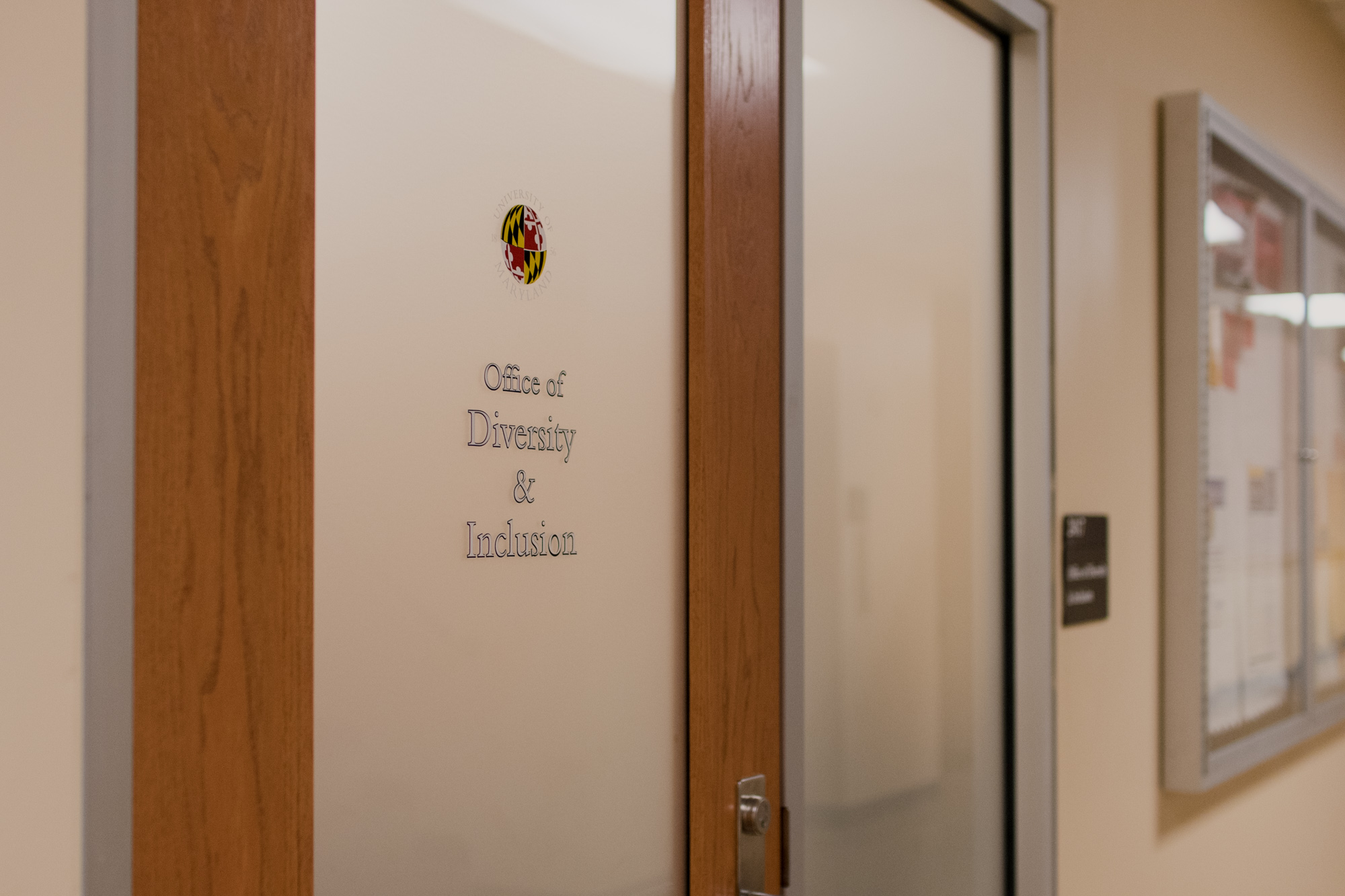The University of Maryland’s Bias Incident Support Services office launched an online dashboard Monday that will track reports of hate bias on and around the campus.
In an interview with The Diamondback Monday, BISS program manager Brian Medina said the dashboard will be updated daily. Previously, the office identified all reports of hate bias in an online log, but Medina said that log was “clunky” and “not visually appealing.”
Community members must sign into their university email to access the dashboard. On Monday, students were unable to access the dashboard due to technical difficulties.
[“I’m not surprised”: Jewish community responds to anti-Semitic hate crime arrest at UMD]
Medina, who uses ze/hir/hirs pronouns, will update the dashboard as soon as the office receives a report and will then reach out to the affected individual. Ze said this process allows the office to not only focus on supporting students, but also on keeping the community informed.
“For me, it was important for community members to know up front, and so this updates every 15 minutes or so,” Medina said. “That way, when I’m focusing on my support for folks experiencing this bias, it’s not hindering the larger community on knowing this information.”
BISS, which is part of the university’s diversity and inclusion office, released its first annual report in April that broke down incidents from the 2018-19 academic year. But it included little more information than what has long been available online, and it excluded the 18 reports listed online that took place before the 2018-19 academic year. The office has not yet released an annual report for the 2019-20 academic year.
In July, the office released a “BISS By the Numbers” chart, documenting the reports received over the past year. Medina said the office plans to continue releasing annual reports.
[UMD to fill Bias Incident Support Services program director position amid hiring freeze]
To report a hate bias incident, an individual can fill out the office’s online form. The office also accepts emails from individuals concerned about a potential bias incident, such as something shared on social media, Medina said.
Medina is currently the only full-time worker in the BISS office, since Neijma Celestine-Donnor left her position as program director in August. A nationwide search is currently underway for Celestine-Donnor’s replacement, Medina said, and the position was officially made open on Friday.
The office is trying to connect with the university community, Medina said, and ze encouraged community members to continue to voice their concerns about how the office operates.
“That’s really what it is, it’s meant to really allow for students to have the power to make change,” Medina said. “And as we are developing programs and other things, we’re not an advertising agency. I want you to ask the tough questions.”



